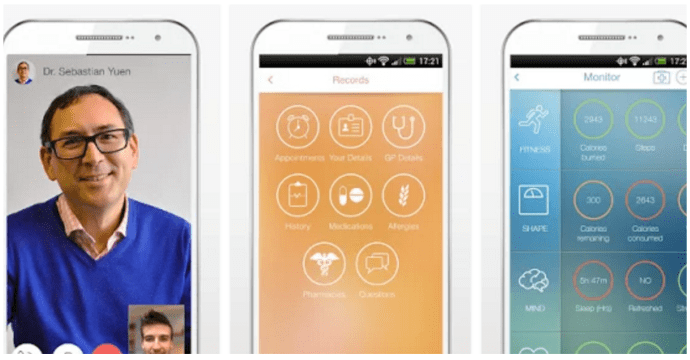Advances in artificial intelligence are coming thick and fast, but are we at the point where you’d consider asking a bot for legal advice, or whether your embarrassing rash is worth worrying about? Not yet, perhaps, but we’ve taken two significant strides in that direction this week.
The first is with Joshua Browder’s robot lawyer. You may remember Browder from the DoNotPay website, which helped motorists appeal car-parking tickets. The Stanford University undergraduate has upped his game and created a simple AI that can handle parking ticket appeals, PPI claims, and delayed flights and trains.
I had problems getting the bot to talk to me (just like real solicitors, right?) at the time of writing, but the idea is an intriguing one, potentially saving hundreds of pounds on basic legal tasks. As Browder told Mashable: “I am ultimately looking to give it as much functionality as possible in the spirit of trying to replace the large group of exploitative lawyers.”
“Initially, I thought the best way to go about it was to create lots of individual rules for it to follow (for example, if one says ‘I got a ticket’ the robot says ‘What was wrong with your ticket?’),” he explained. “However, I quickly failed with this approach because there are thousands of ways to say the same thing, and it would be impossible to catch every one. The breakthrough came when I learned how to create a way for the robot to learn and compare phrases itself, so that it doesn’t matter how the user phrases his or her requests,” he said.
Obviously – for the moment – this AI is no substitute for professional legal advice. You won’t want it defending you in the courtroom, should you be on trial, but for simple templates it’s a good place to start, and can scoop up some legal busywork that doesn’t actually require much expertise. Which brings me to another interesting development, this time in healthcare.
Babylon is a doctor in your pocket. For a £4.99 subscription, the app allows you to have remote consultations with qualified doctors and therapists, monitor your health, access repeat prescriptions and even get test results straight to your handset. As with all healthcare, though, there are plenty of seemingly important medical emergencies that turn out to be nothing. The service is looking at artificial intelligence as a way of screening patients, giving them basic health information before they decide whether following up with a living, breathing doctor is necessary.
According to TechCrunch, that’s the business’ plan, and given it’s just raised an additional $25 million in funding, it’s well on the way. If an undergraduate student can build the world’s first AI Ally McBeal in his spare time, then £17 million should see us well on the way to the first AI Dr Gregory House.
And yes, I do appreciate some of my pop culture references are a little dated, but then maybe the whole concept of having a fleshy, breathing doctor or lawyer will feel equally quaint in a few years’ time.
READ NEXT: Robot killing machines – will they rebel?
Image: Michael Cordedda, used under Creative Commons
Disclaimer: Some pages on this site may include an affiliate link. This does not effect our editorial in any way.











